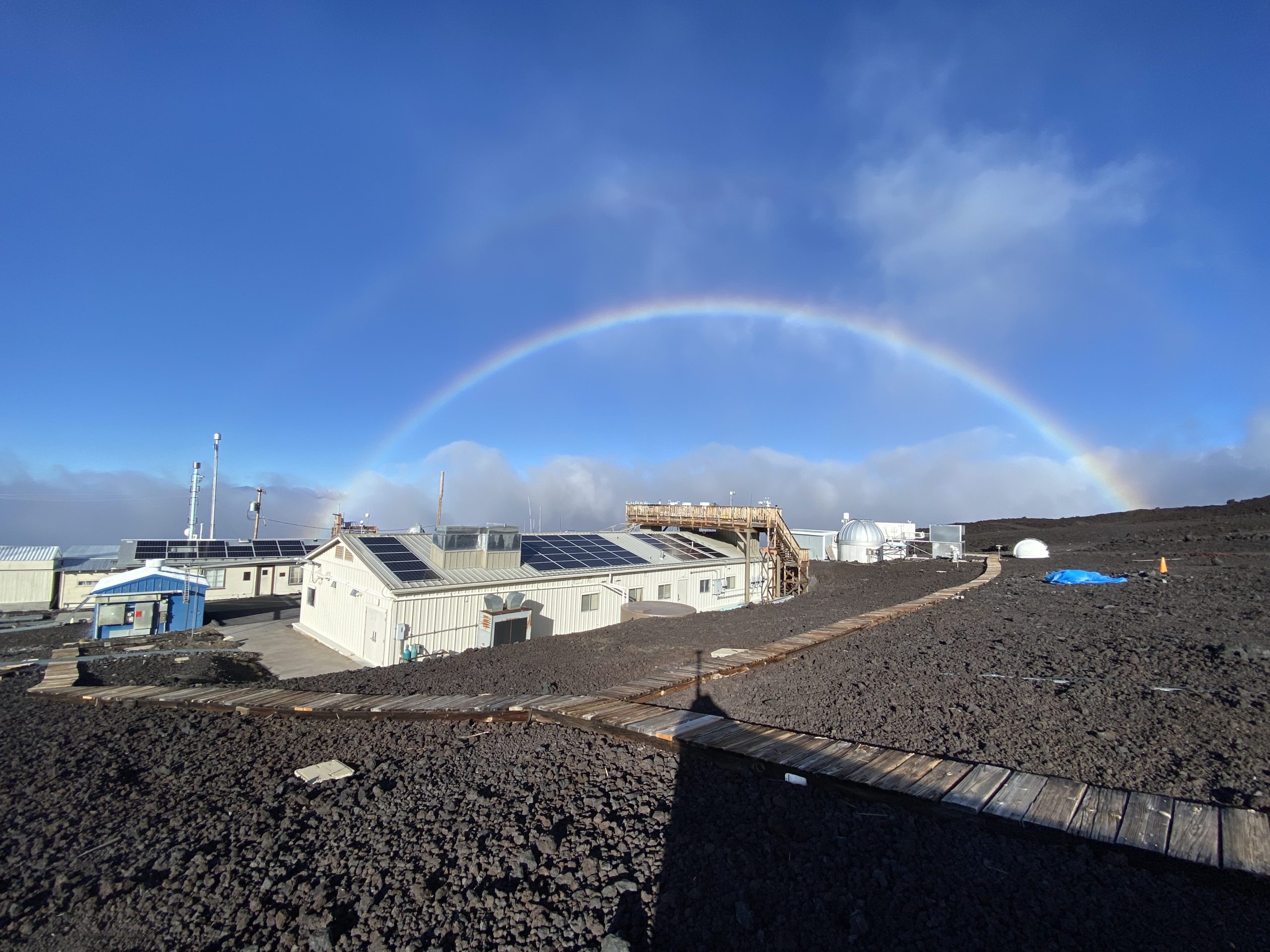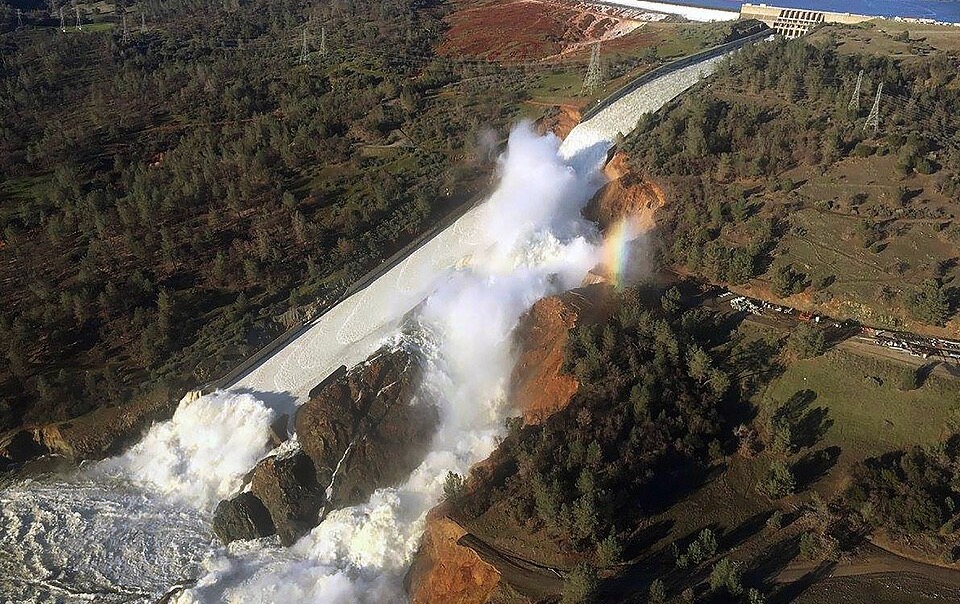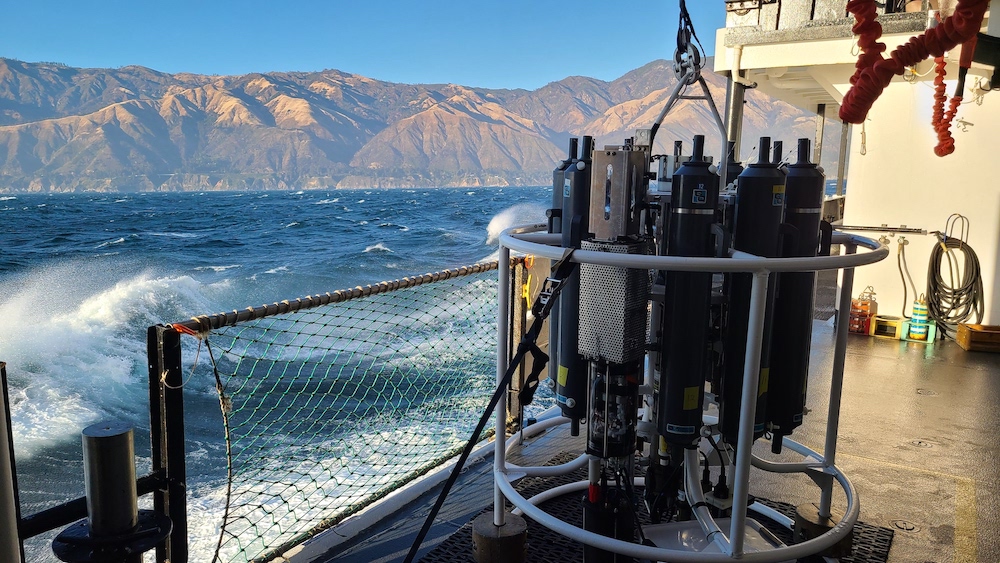NOAA scientists and priorities are well reflected in several of the first Ocean Decade actions endorsed and announced this week by the United Nations Intergovernmental Oceanographic Commission of UNESCO (IOC).
The announcement on World Ocean Day of more than 60 actions is the first batch of UN Decade action endorsements and is meant to encourage greater participation, collaboration and co-development from around the world.
The UN Decade of Ocean Science for Sustainable Development involves all UN members, nongovernmental groups, industry, philanthropy, early-career scientists and diverse communities in this once in a generation effort to better understand, protect, restore and sustainably use the world’s largest ecosystem.
“We are excited to see this diverse listing of big ideas and actions for the ocean and glad to have NOAA play a part in the Decade’s plan to revolutionize science for the ocean and for humanity,” said Craig McLean, NOAA assistant administrator for Research and acting NOAA chief scientist. “These first actions are a clarion call to all who depend on the ocean, which is everyone, to dive in and become a part of the Ocean Decade.”
NOAA is a leader or collaborator of endorsed actions including one that will contribute to the Seabed 2030 goal of mapping the global ocean by 2030; an effort to enhance Earth observation satellites for coastal observations, applications, services, and tools; an effort to expand sustainable coastal aquaculture; and a project to further enhance the World Ocean Database which will bring together discoverable, publicly accessible, adaptable, and comprehensive global profile oceanographic data of known quality.
Some other endorsed actions that involve NOAA scientists and partners include:
An Observing Air-Sea Interactions Strategy called OASIS that would provide observational-based knowledge to fundamentally improve weather, climate and ocean prediction, promote healthy oceans, the blue economy, and sustainable food and energy. The lead is the International Science Council Scientific Committee on Oceanic Research and a co-lead of the project is NOAA scientist Meghan Cronin.
An Ocean Decade Research Program on the Maritime Acoustic Environment to establish a comprehensive science-based program aimed at measuring and objectively characterizing underwater acoustic environments – the physical, biological and anthropogenic – at regional to global scales. The lead is the United States Interagency Working Group for Ocean Sound and Marine Life, which includes NOAA scientist Bob Dziak.
A new international coastal “blue carbon” project to support countries’ efforts to integrate coastal wetlands into their National Greenhouse Gas Inventories. These inventories provide a transparent mechanism for tracking and assessing the status of coastal wetlands and their role in carbon sequestration and storage. The inclusion of this information in NGGIs can lead to enhanced protection and restoration of critical coastal wetlands, as well as contribute to climate mitigation. The NOAA Blue Carbon Inventory Project is supported through a partnership among the NOAA Climate Program Office, the NOAA Marine Protected Areas Center and the State Department.
A Transformative Decade Program for the Global Ocean Acidification Observing System that expands CO2 observing systems by developing the next generation of sensors, training new experts, ensuring materials are available for accurate measurements, and filling in under-observed regions. It also builds capacity for publicly-available data that is fed into products useful for stakeholders. NOAA is the lead institution.
An initiative involving NOAA and partners around the world to increase marine protected areas (MPA) as sentinel sites for ocean conservation, science and literacy. The initiative would seek to: 1) Understand climate impacts affecting the oceans 2) Promote research on MPA uses and socioeconomic benefits to coastal communities; 3) Develop initiatives to promote ocean literacy 4) Support national and international initiatives to establish networks of MPAs.
These actions were endorsed for their ability to produce knowledge for sustainable development; for their use of innovative technology; for their cross disciplinary approach to design solutions between scientists and ocean science users; and for their respect for inclusivity by empowering women, early career professionals, and those who hold indigenous knowledge across these ocean actions.
There will be more calls for actions, providing opportunities to develop or support new programs and become part of the Ocean Decade’s knowledge revolution, according to the IOC news release.
The United Nations Decade of Ocean Science for Sustainable Development seeks to stimulate ocean science and knowledge generation to reverse the decline of the state of the ocean system and catalyze new opportunities for sustainable development of our world’s largest ecosystem.
For more information on the endorsed actions, please see the IOC media release: https://www.oceandecade.org/news/134/World-Oceans-Day-discover-the-results-of-the-first-Call-for-Decade-Actions
For information on NOAA projects please contact Monica Allen, NOAA Communications, at monica.allen@noaa.gov or by phone at 202-379-6693



